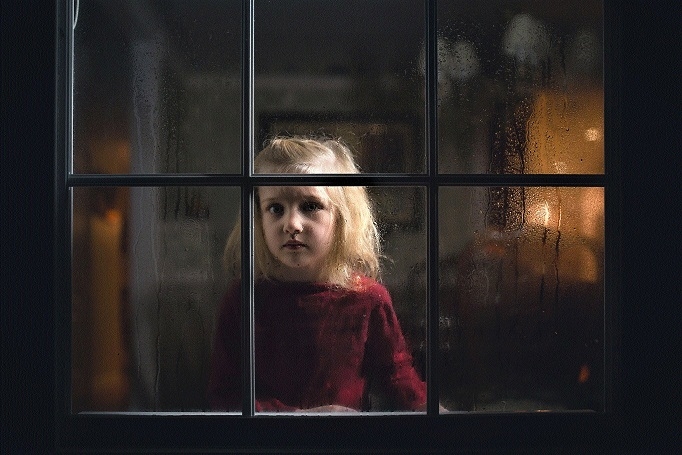Of the process of poetry - III
| Date :11-May-2021 |

By Vijay Phanshikar :
“Poetry is like fingerprints
On a window, behind which a child who can’t sleep
Stands waiting for dawn.”
- Belgian poet Hermon de Coninck
THIS definition takes us into an entirely different imagery, far more pregnant with possibilities and potential. It comes very close to the mental state of a poet in the process of creation. It is absolutely easy to imagine a child restive in sleeplessness, waiting for the dawn to emerge in the distance -- so that she can get going with the next day. Of course, life must go on, and nobody understands this better than a little child. Yes, life must go on despite the sleepless night, despite the terrible unease when the little one feels terribly lonely when the whole world is asleep and she is cajoling sleep to have her in embrace -- without success. It is in that restlessness, the window beckons, the curtain is drawn aside, and the palm rests on the cool pane in anticipation of the oncoming dawn -- though rather too much in the distance of lost count of time.
The poet’s mind can be likened to the restive child -- eager to see the dawn and bask first in the twilight and then in the golden aura of the morning Sun. That golden sunshine is the outcome of the poetic expression. No matter the content of the subject, the very fact that a poem has finally appeared on the mind’s screen gives out the effect of sunshine, to say the least. Until that happens, the appearance of the poem in verbal clearness, the poet is like that restive child whose fingerprints on the windowpane indicate how eager she is to see the onset of dawn, of first-light. There is a turmoil inside the mind. There is a restlessness of the body. There also is a whole range of undefined thoughts conditioned by the unease of sleeplessness. There is darkness around, and a faint veil of the nightly glow from outside filters in through the window-glass and the curtain.
There is darkness in the room -- as well as outside. Yet, the outside of the room is more full of potential of light (from many sources, including the starry sky). In that lightly lighted mind, many possibilities emerge -- in a child’s mind. And in the poet’s mind, what fountains up is a poetic expression struggling for appropriate words put up in certain rhythm, certain meter, certain artistic form, certain nuanced suggestion of an idea or certain pronouncement of a well-defined thought. This is what that happens in the poet’s mind -- tormenting him/her, pushing him/her to wildest violations of orderly imagination. And out of that so-called disorder, the so-called disturbed grammatical syntax of language, poetry emerges -- in various forms. It is easy to notice the twinkle in the poet’s eye -- as easy it is to be sensed in the eager eyes of the restive child waiting for the dawn!